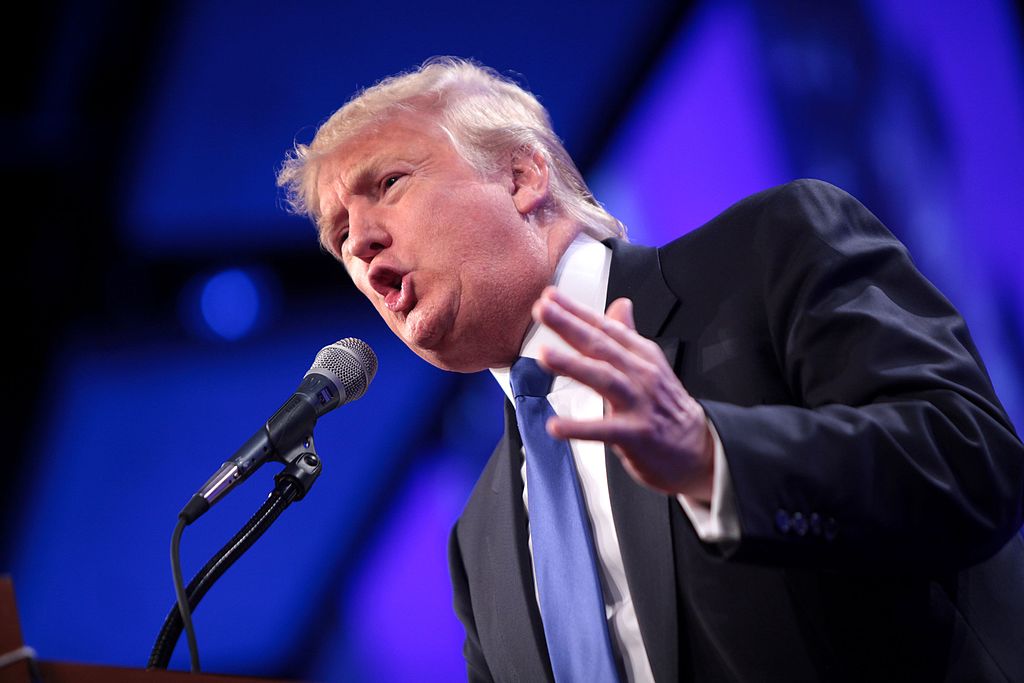In a recent piece on The Other Cheek, political scientist Ryan Burge explored why Americans are shedding the “Evangelical” label – in 2008, 33 per cent of Americans surveyed said they were “evangelical” or “born again”; by 2022, those responses were down to 27per cent.
But a group of Americans who warmly support Donald Trump and want to vote for him as President a third time are embracing the label “Evangelical.” When The New York Times’ Ruth Graham and Charles Homans went to Iowa, which holds the first Republican Primary next week, they found this newer tribe keener on Trump than going to church. (Ryan Burge makes an appearance.)
“Being evangelical once suggested regular church attendance, a focus on salvation and conversion and strongly held views on specific issues such as abortion. Today, it is as often used to describe a cultural and political identity: one in which Christians are considered a persecuted minority, traditional institutions are viewed sceptically, and Mr Trump looms large.
“Politics has become the master identity,” said Ryan Burge, an associate professor of political science at Eastern Illinois University and a Baptist pastor. “Everything else lines up behind partisanship.”
Touring Iowa, the NYT reporters found emptying churches but enthusiasm for politics. “Clergy and religion experts are quick to note that people who have left church or did not attend in the first place have not necessarily abandoned religion. Evangelicalism has long had an individualistic strain that resists the idea that personal faith requires church attendance. Many people whose connection to organised religion has eroded continue to strongly identify as Christians.
“But the drop-off has had impacts far beyond individual spirituality. As ties to church communities have weakened, the church leaders who once rallied the faithful behind causes and candidates have lost influence. A new class of thought leaders has filled the gap: social media personalities and podcasters, once-fringe prophetic preachers and politicians.”
They cite one county where church attendance has plunged 30 per cent and 80 per cent identify as white Christians.
The New York Times story weaves around Karen Johnson, who attended church regularly as a child but now says, “I have my own little thing with the Lord,” while pinning hope on Trump.
The traditional evangelical leaders in the state have backed Florida Governor Ron DeSantis, but Trump leads the polls with a 25% margin. The Iowa caucuses (primary) could be considered a test of the older form of evangelicalism versus the new kind.
An Australian echo
This Iowa story stirs a memory of the Martyn Iles period of leadership of the Australian Christian Lobby (ACL). He greatly increased the mailing list for the ACL but moved away from linking churches to Parliament, appealing directly to ACL constituents. His mass rallies under the “Babylon” banner, with regular online videos, showcased him as an evangelist and Bible teacher.
I recall comments from supporters that churches had let them down, were becoming Liberal or unsatisfactory in providing fellowship, and Iles was for them the Bible teacher available. Iles is an orthodox conservative evangelical – at that point, the parallel with Trump breaks down. But a movement of unchurched evangelicals would seem to fit both as a description of a big segment of ACL supporters at that stage and the Trump evangelicals.
There are, of course, many steadfast church-goers who support both the ACL and Trump. And there are relevant questions raised by ACL supporters disillusionment with church, likely justified in some cases.r
One well-connected Sydney Anglican leader told me he went a a Sydney ‘Babylon’ rally. “I did not recognise anyone there,” he told me with some surprise. It was a different crowd.

